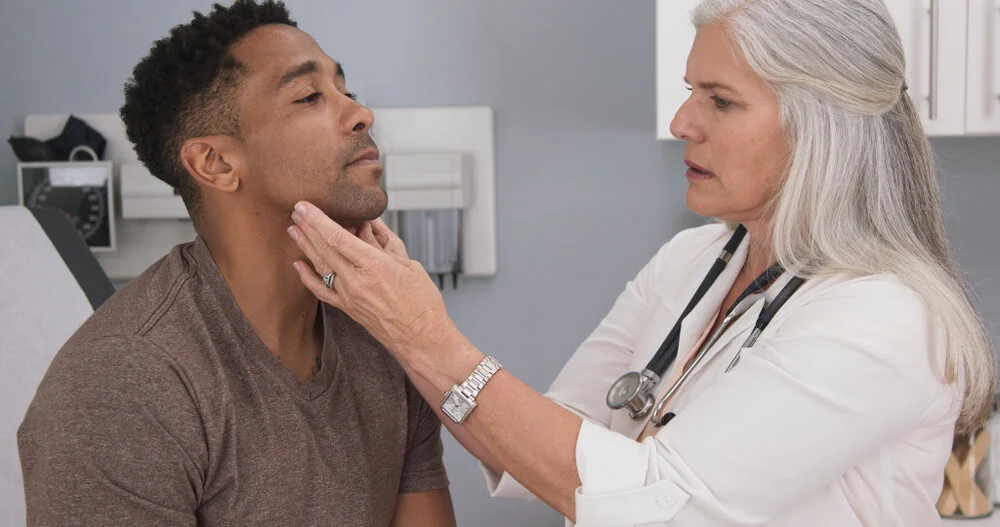See the Symptoms of Swollen Lymph Nodes
Swollen lymph nodes, referred to as lymphadenopathy, may grow in several parts of the body, including the neck sides, the neck below the jaw, the head, the shoulders, the groin.
The lymph nodes also consist of the thymus, spleen, bone marrow, tonsils and lymph vessels and are included within the lymph system. As a partner of the immune system the lymphatic system works to combat infection. You can contact an ENT doctor in OKC for this problem.
One of the functions of the lymph nodes is the filtering toxic and waste products from the lymph. It contains lymphocytes considered to be white blood cells that are divided into several types: T cells and B cells. The B cells release the antibodies and T cells, the thyme, help destroy cells that have been infected.
In the process of fighting disease, the body produces an enlarged lymph node. The normal size of a lymph node would be a size of a pea.
Symptoms of Swollen Lymph Nodes
Swollen lymph node symptoms may differ according to the patient. In areas where the lymphatic nodes are affected, you can experience pain. However, in these places, the skin may even turn red or purple. Tender bumps on or below skin may be there.
A sore throat is a common sign of upper respiratory tract infection. The common cold and flu are a few examples of URIs.
Because URIs can cause the lymph nodes to swell, they can make it difficult for patients to swallow or even to breathe. Night sweats, coughing, running nose, fever, headaches, or other flu symptoms may be associated with these.
Moreover, people with inflamed lymph nodes may have reduced appetite. Appetite decrease can lead to undesirable weight loss and energy.
Swollen Lymph Node Causes
Different causes of swollen lymph nodes are found. Bacterial, fungal, or viral infections most often lead to lymphadenopathy. The development of lymphadenopathy is affected by a wide variety of conditions, such as HIV, TB, measles, toxoplasma and cat scratch fever. In addition, the risk of lymphatic node swelling is increased by skin infections such as impetigo and cellulitis.
A variety of autoimmune conditions are known to cause lymphadenopathy, such as systemic lupus erythematosus and rheumatoid arthritis.
Furthermore, lymph node inflammation can be a cancer influence. The disease that could cause the lymph nodes to be swollen, but does not occur in most cases, is Lymphoma, a cancer which affects the lymph system. Lymph node swelling may also be caused by leukemia, blood cancer, and bone marrow.
In contrast, lymphadenopathy is associated with breast cancer. A person suffering from breast cancer may have removed part of their lymph nodes in the treatment.
Some drugs potentially affect the lymph nodes adversely. The following drugs include:
Captopril
Primidone-Quinidine-Hydralazine-Penicillin: Atenolol-Gold.
Sulindac
Phenytoin
Carbamazepines
You can visit OKOA if you are searching for good ENT doctors in OKC to get appropriate treatment.
**Disclaimer: The information on this page is not intended to be a doctor's advice, nor does it create any form of patient-doctor relationship.

